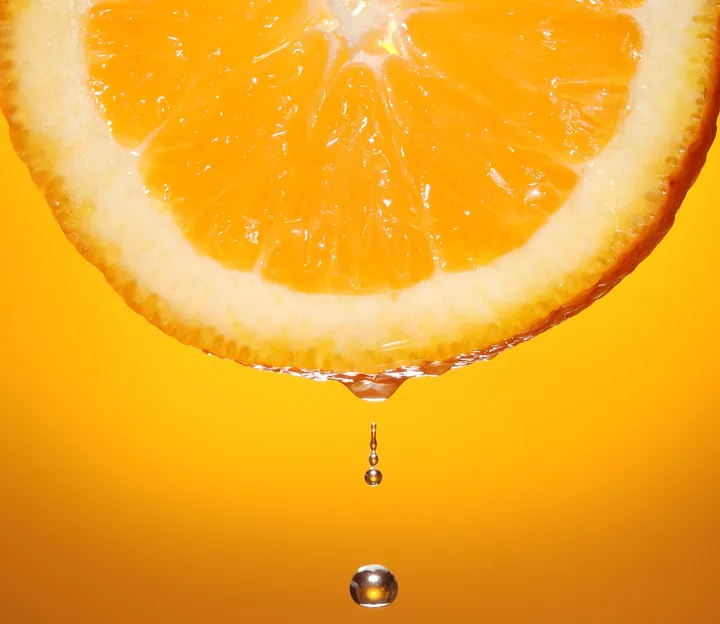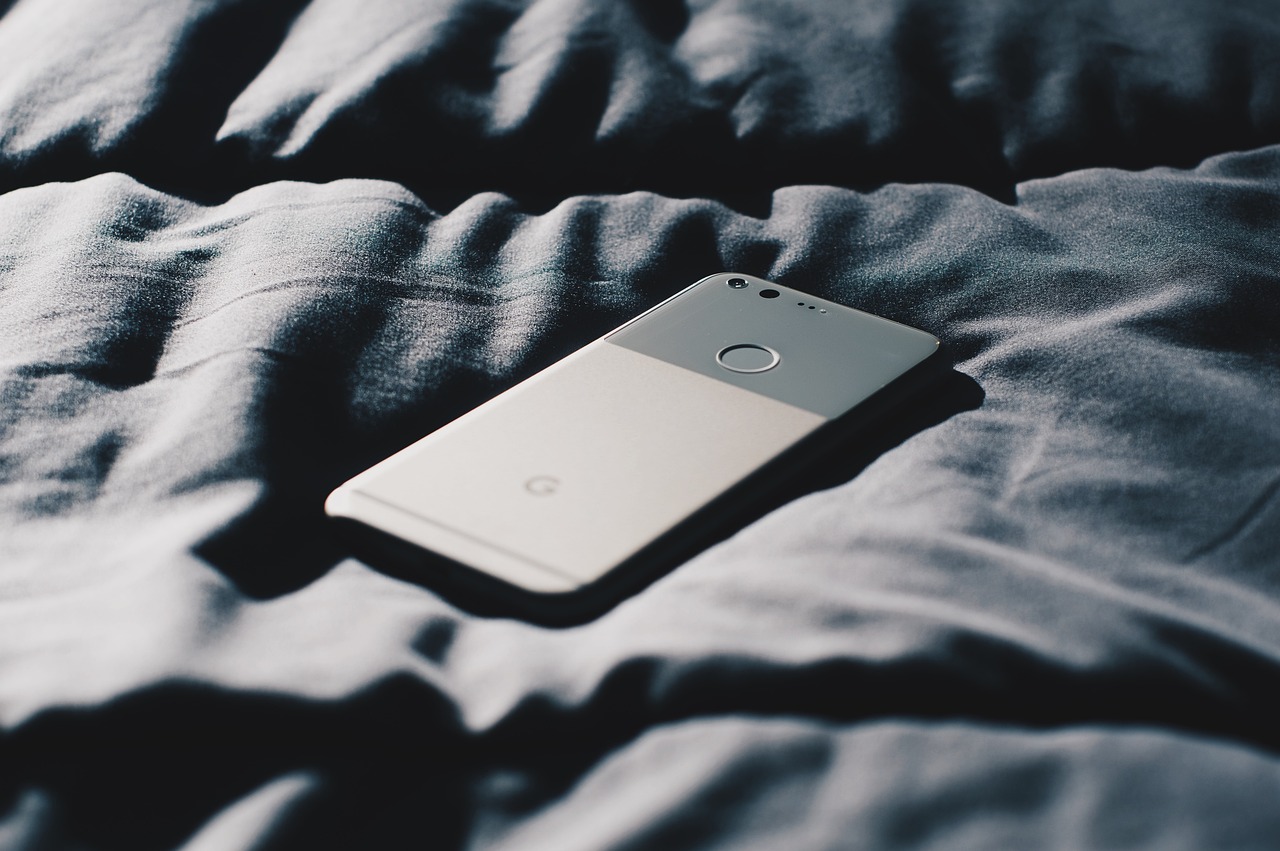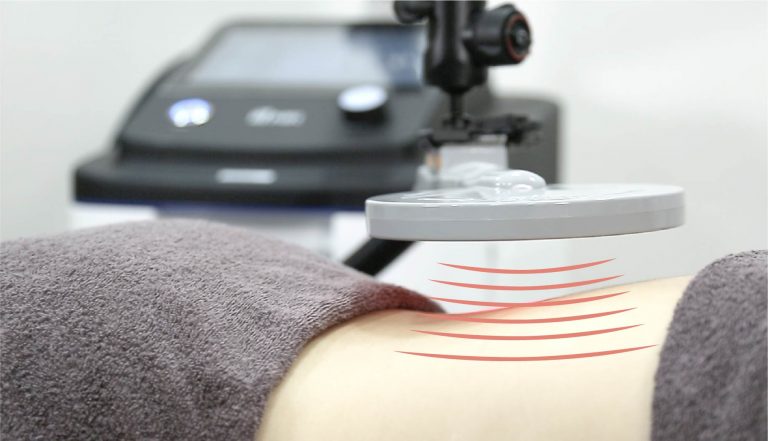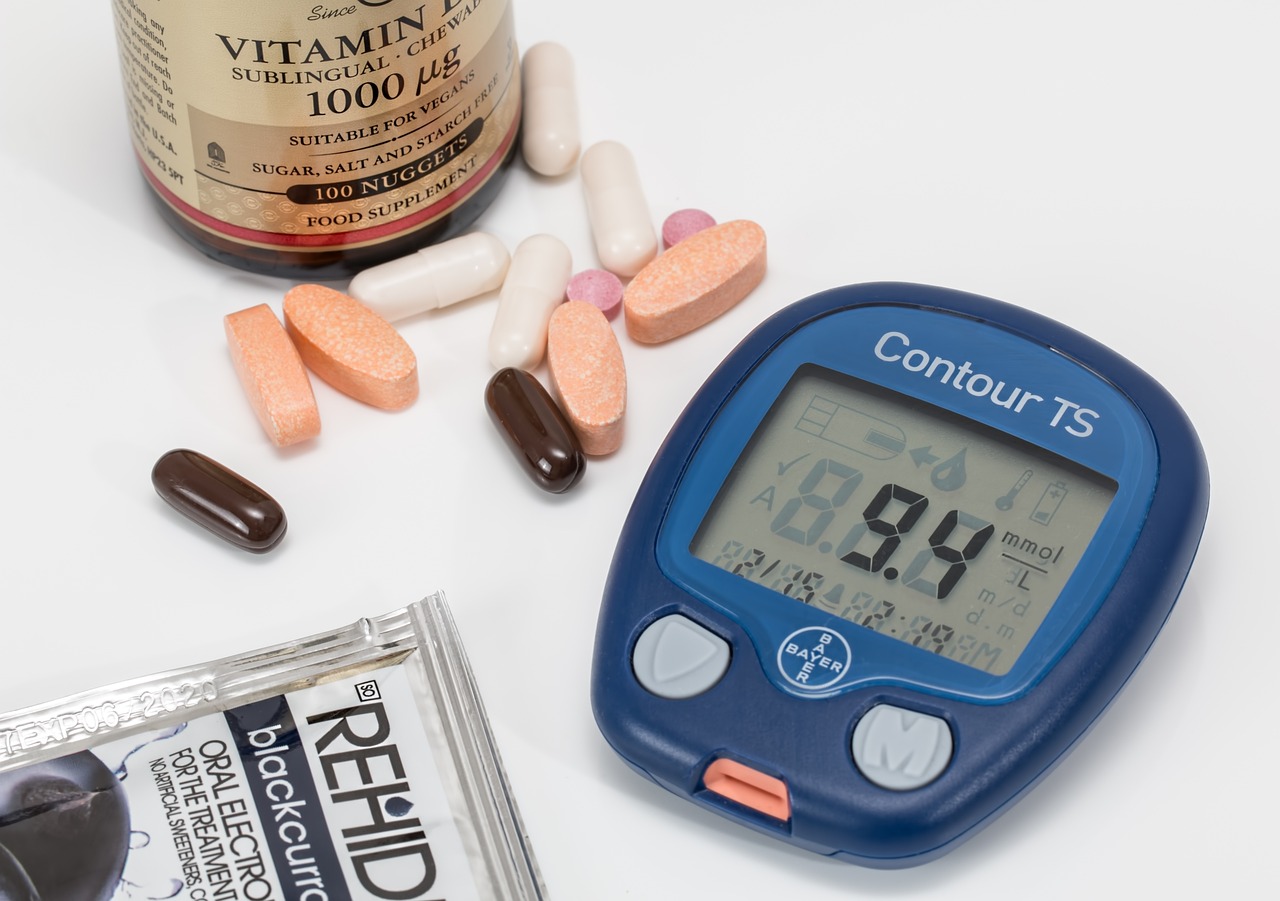You may be familiar with foods that are bad for your heart. But when it comes to your bladder, you may not have considered the correlation between diet and peeing. Unless you have a urinary tract infection, a leaky bladder, or need to pee frequently, you probably don’t think about this.
Some foods and drinks can actually cause bladder irritation or worsen symptoms. For people with a sensitive bladder or overactive bladder (OAB), it’s important to realize that diet can make their symptoms worse.
What To Know About Different Bladder Issues
Although people may not often talk about pee-related issues, there are many common bladder health issues.
Urinary incontinence (or “leaky bladder”) is the most common bladder problem experienced by individuals, which is the unexpected loss of urine when you don’t want it to. Frequent urination is also a very common symptom among individuals and is especially bothersome when it occurs at night or while sleeping.
Interstitial cystitis, also known as bladder pain syndrome, is a long-term condition that causes pain and discomfort in the bladder or pelvic area, where the bladder is frequently irritated. There is also a feeling of needing to urinate frequently and urgently. When a patient develops symptoms of overactive bladder or interstitial cystitis/bladder pain syndrome, a doctor’s first recommendation is to limit bladder irritants.
The good news is that changing your diet may reduce your problems. Patients’ symptoms can often be controlled by diet and elimination of bladder irritants alone.
Even if your bladder is healthy, it can be helpful to know which foods and drinks are irritating. For those who are not currently concerned, understanding foods and drinks that may cause irritation can help prevent bladder symptoms.
Below, urologists and medical experts share the foods and drinks you should limit or avoid for bladder health.
Coffee
Prefer a cup or three of coffee in the morning? You may rely on it to wake up and stay alert, but your bladder may not be so happy. Coffee contains several stimulants – caffeine and acid.
The caffeine in coffee is a known diuretic, which means it causes you to produce more urine, increasing bladder frequency. Caffeine also increases the urgency to urinate, making it harder to control your bladder and more likely to cause bladder leakage. Acidic foods and drinks may cause irritation and worsen these symptoms.
If you don’t want to give up coffee yet, enjoy coffee and tea in moderation. If you don’t have bladder problems, two 8-ounce cups of coffee or less is ideal.
Those who already suffer from pain or frequent urination may need to limit or eliminate coffee until symptoms subside. For some people with overactive bladder or bladder pain, avoiding coffee altogether may be necessary.
Citrus Fruits
Acidity is no friend to the bladder. Citrus fruits are good for you, but if you are experiencing any symptoms, it is best to limit or reduce citrus fruits in your diet.
Grapefruit or oranges, including juice, are fruits with high acid content. This acidity can irritate the lining of the bladder and increase bladder pain symptoms. If you have active symptoms of a urinary tract infection or interstitial cystitis, you should try to avoid these foods.
Tomatoes
Do you like tomatoes or tomato products, such as tomato sauce, pizza or pasta sauce? If you have bladder symptoms, it’s best to hold off.
Tomatoes are highly acidic, which may be a well-known trigger of bladder pain in many people.
The acid in tomatoes can affect urine. Tomatoes increase the acidity of your urine more than soda and can severely irritate the lining of your bladder. Plus, cooked tomatoes contain more acid than fresh tomatoes.
The longer tomatoes are cooked, the more acidic they become, so fresh tomatoes are less irritating to the bladder. If you have active symptoms of a urinary tract infection or interstitial cystitis, try to limit or eliminate tomato products (especially cooked ones).
Processed Meats
Like bacon or hot dogs? Urologists recommend eating processed meats such as prosciutto and deli meats less frequently.
Additives that extend the shelf life of processed meats and add flavor are bad for your bladder. Many meats contain nitrates, which are a mixture of nitrogen and oxygen compounds.Unfortunately, these chemicals are also well-known sources of carcinogens or carcinogenic by-products. Added nitrite byproducts in red meat can increase the risk of bladder cancer.
Whether you have bladder problems or not, doctors recommend watching your processed meat intake.
Spicy Foods
Are you a lover of spicy food, or do you like to spray hot sauce on your steak, chicken or eggs to add flavor to your dishes? If you suffer from bladder symptoms, it may be in your best interest to reduce spicy foods in your diet.
Spicy foods can irritate the lining of the bladder, making symptoms worse.
Spicy foods may be irritating to people with interstitial cystitis/bladder pain syndrome and should be limited.
Soda
The combination of sugar, caffeine, and carbonic acid can be the perfect storm for bladder stimulation. It contains caffeine, a natural diuretic that can cause dehydration and concentrated urine, while sugar can cause urine to become more acidic, increasing the risk of bladder infection.
Additionally, soda water is carbonated, which means it has undergone the chemical process of carbon dioxide. Carbon dioxide can irritate the bladder and cause urinary symptoms.
Tobacco
Although it is neither a food nor a drink, smoking can cause bladder cancer. You might associate lung cancer with smoking, but tobacco can be the culprit for many types of cancer. According to the Centers for Disease Control and Prevention, tobacco causes “cancers of the mouth, throat, larynx, esophagus, stomach, kidney, pancreas, liver, bladder, cervix, colon, and rectum, as well as leukemia”.
Tobacco is a leading risk factor for bladder cancer, although this is not known. When a person urinates, substances in tobacco are processed and released. Harmful chemicals in tobacco products are filtered by the kidneys and excreted in the urine. These chemicals can affect the lining of the bladder, causing cell changes that can lead to bladder cancer.
If you need another reason to quit smoking, the American Cancer Society states: “Smokers are at least three times more likely to develop bladder cancer than nonsmokers. About half of all bladder cancers are caused by smoking.”
What You Can Do
Drink More Water
Most urologists recommend drinking plenty of fluids to keep your bladder healthy.
It may seem counterintuitive to drink lots of water when you already have a problem. However, if you spread your water intake throughout the day, it won’t increase the frequency and will help dilute your urine to reduce irritation.
Listen To Your Body
Although some foods and drinks are not good for bladder health, everyone reacts differently to the foods they eat. Patients should be aware of their bodies and how they respond to certain dietary intakes as a journey of self-discovery.
If you experience any problems, you may need to immediately cut out any foods that may trigger or worsen your symptoms, but it’s best to slowly remove them from your diet. Start by cutting out one food or drink at a time for at least one to two weeks to see if you notice any changes.
When you eliminate certain foods or drinks from your diet, you may not see immediate results. Any dietary or fluid changes you make may take some time to see significant improvement in your urinary symptoms, so be patient and consistent.




